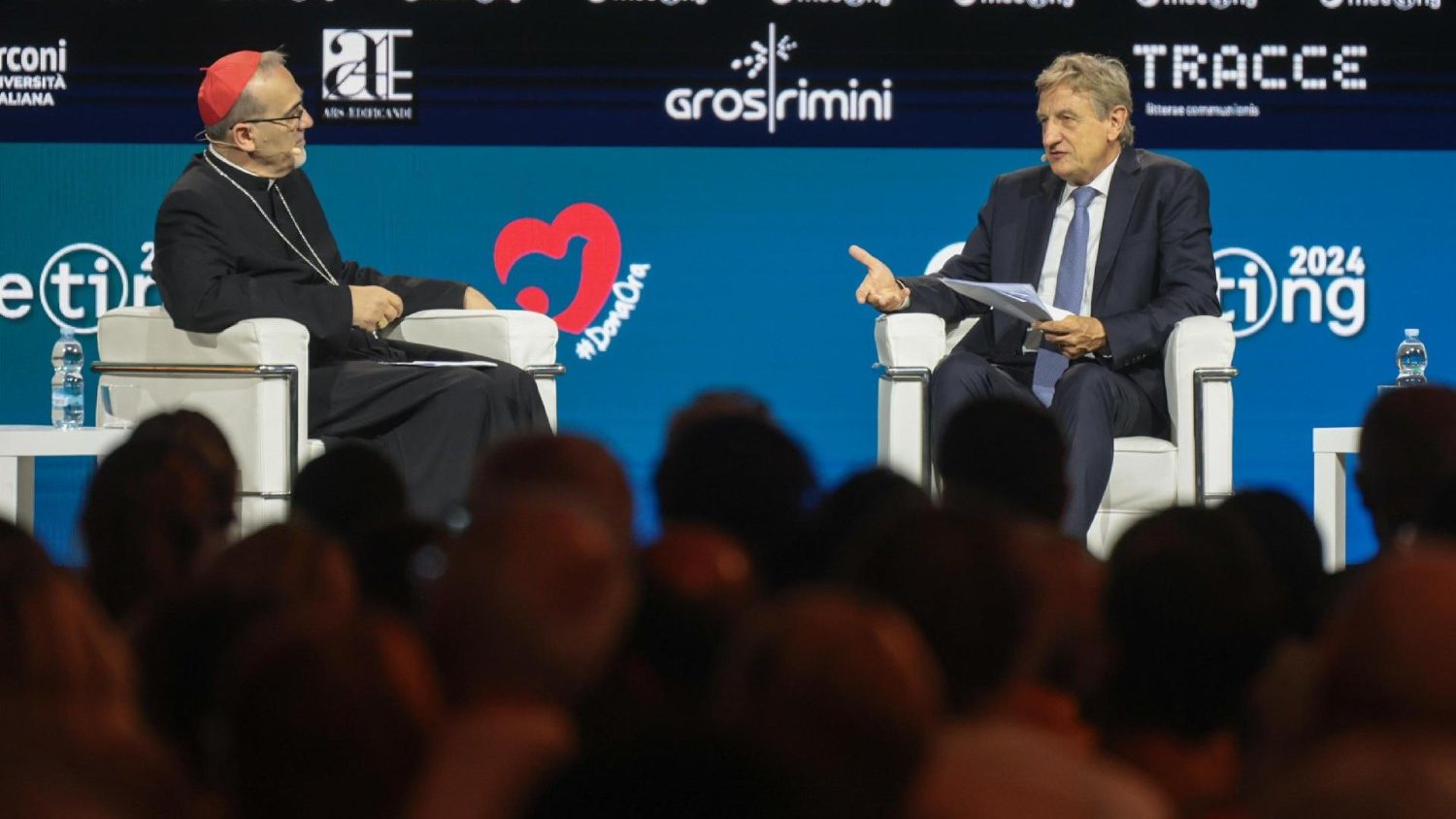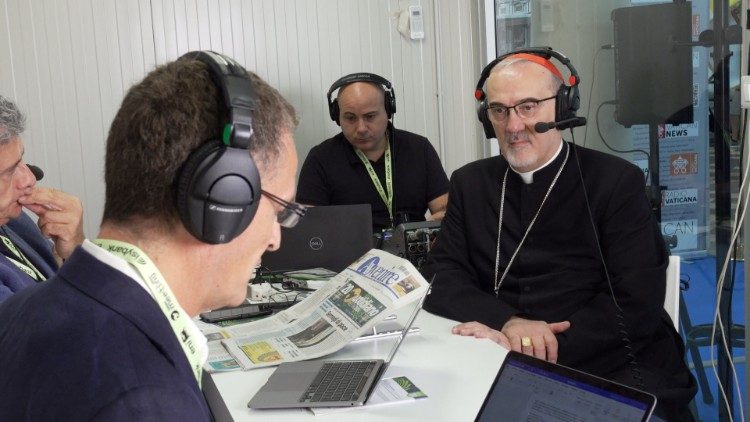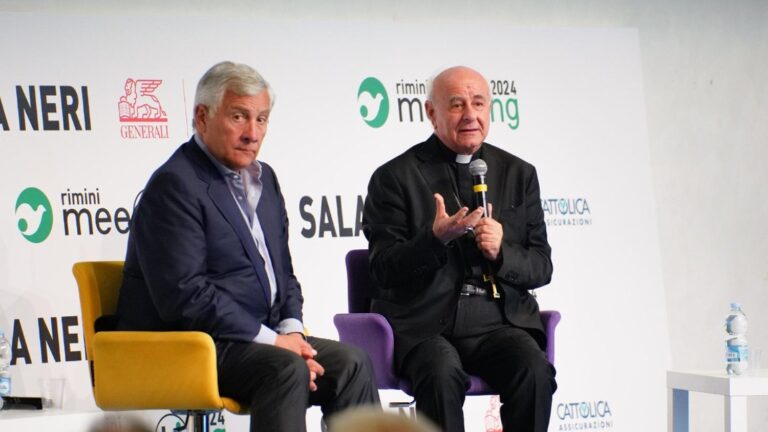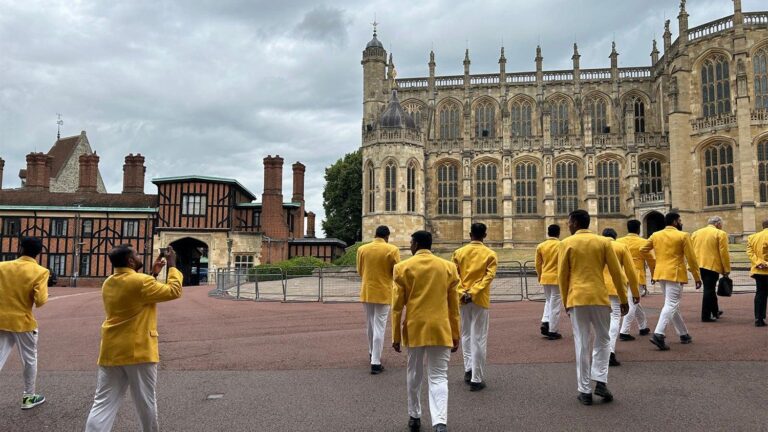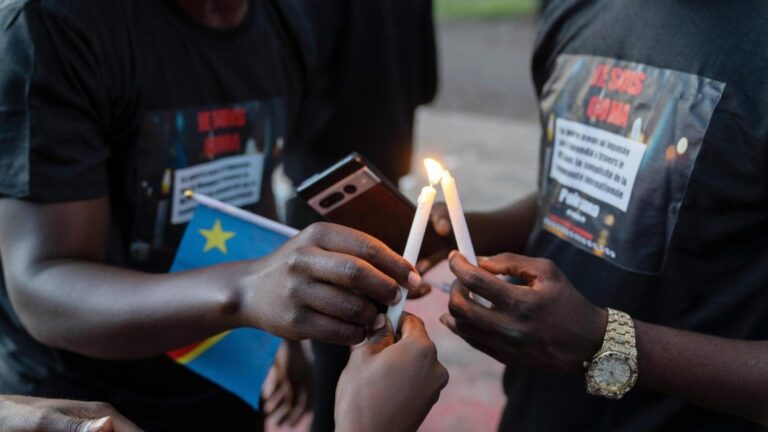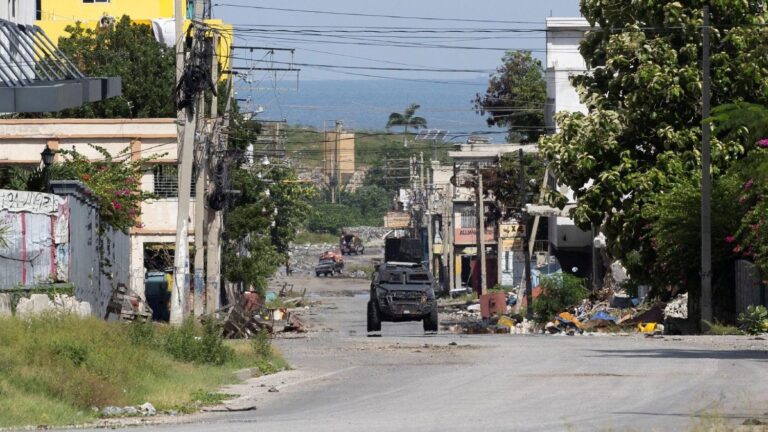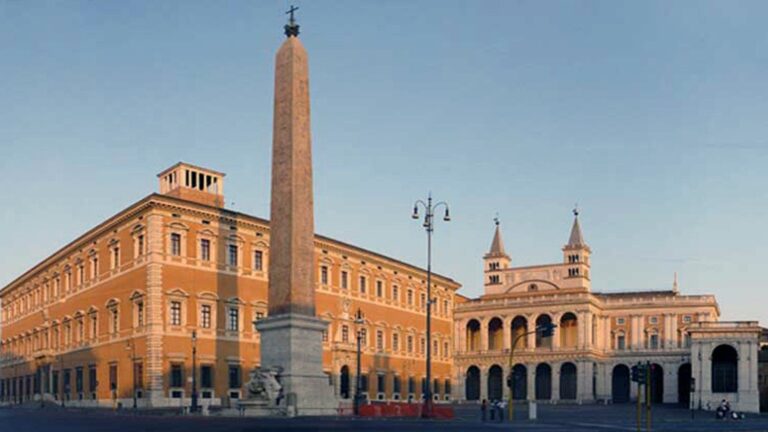Patriarch Pizzaballa: ‘Peace is difficult today, ceasefire is urgent’
Vatican news
Ahead of the opening conference of the Rimini Meeting, Cardinal Pierbattista Pizzaballa, Latin Patriarch of Jerusalem, speaks to Vatican News about the “small hopes” in the Holy Land that prevent us from resigning ourselves to violence.
By Benedetta Capelli – Rimini
“We cannot talk about peace at this time.” These words of Cardinal Pierbattista Pizzaballa, Latin Patriarch of Jerusalem, illustrate well the current situation in the Holy Land, with the conflict between Hamas and Israel still going on for more than 10 months.
In a statement to Vatican media ahead of the opening of the Rimini meeting – which he opened with a lecture entitled “A Presence for Peace” – the patriarch stressed the need to “work for a ceasefire and suspend military operations to begin a healing process, to build mutual trust.”
“The path (to peace) exists – said the cardinal of Italian origin – but there is no will to follow it at the institutional level. It requires political and religious leadership that is in crisis.” In this context, he stressed that it is important to do everything possible, even starting from the base.
“Little hopes”
Hope is a word that we need at this time, but, as Cardinal Pizzaballa said, we must not confuse the meaning of the words. “To hope – he stressed – does not mean that things are about to end: the prospects are not good in the short term. Hope is an interior attitude that allows us to see with the eyes of the Spirit what human eyes cannot see.”
Indeed, “small hopes” animate the local Church, engaged in Gaza and the West Bank to support the small community of about 600 faithful by distributing food. The Latin Patriarch of Jerusalem recalled the commitment to open clinics, to reopen a school closed for a year and to revive the dynamics of “normal” relations, “which help”, he said, “to emerge from a cloak of oppression to create employment opportunities, even if they are lacking”.
Peace is a culture
In conclusion of his interview, Cardinal Pizzaballa recalled that everyone can do something to promote peace. “Peace is a culture, it is not something that one must do, it is politics, it is education, it is the commitment of the media, it is working in all aspects of life, in a globalized world where no one is an island. Peace is a culture.”
The current negotiations are the last train
At the opening conference he held on Tuesday with the president of the Rimini Meeting Foundation, Bernard Scholz, Cardinal Pizzaballa spoke of his 35 years in the Holy Land and his experience of interreligious dialogue. Referring to the latest developments, he said that the ongoing negotiations represent “a decisive and crucial moment.” “The war will end and I hope that the negotiations will resolve some problems: I have my doubts, but this is the last train.”
The Patriarch of Jerusalem did not rule out the risk of a further “degeneration” of the conflict: “The language of mutual rejection has become a daily fact, breathed by the media, and this is something truly dramatic.”
“In this situation,” he stressed, “we must pray, especially to counter the attitudes of hatred, mistrust and deep contempt” that are being felt. To rebuild tomorrow, the commitment of all will be necessary.
Cardinal Pizzaballa stressed the need to pray above all to counteract “the attitudes of hatred, mistrust and profound contempt” that are being felt. Rebuilding tomorrow will require the commitment of all.
Regarding interreligious dialogue, the Patriarch acknowledged that the situation is difficult at the moment. “This situation – he explained – has created a fracture. There are no public meetings and at the institutional level we have difficulty talking to each other. We are unable to meet.”
In conclusion, Cardinal Pizzaballa called for a more communitarian dialogue than that between elites. Religious leaders, he said, have a great responsibility to create communities that do not close themselves off but that look up.
Vatican news
sc
